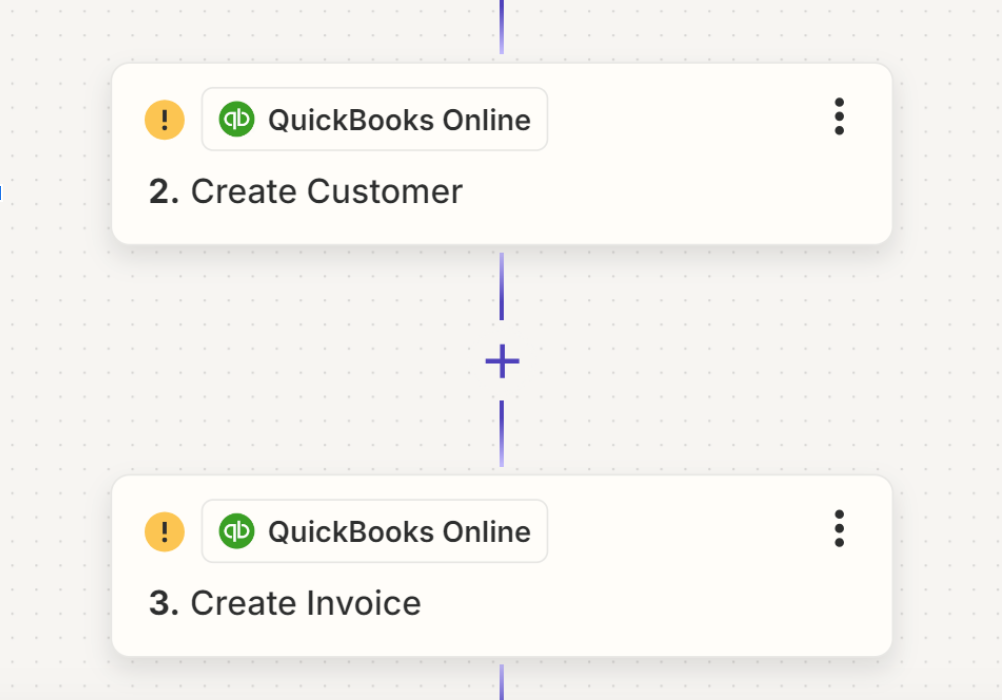Unlocking Financial Success: The Strategic Advantage of Custom Chart of Accounts Templates
In the world of small business and startup bookkeeping and accounting, setting up your QuickBooks Online (QBO) account effectively is crucial. One of the most significant steps in this process is creating a Chart of Accounts (CoA) that’s homogeneous to your niche practice, not to mention critical to the scaling of your advisory service offerings. While QuickBooks offers a generic CoA that can be used by any business, the real game-changer for many businesses is the utilization of custom
CoA templates.
Why Does Having CoA Templates Matter?
Tailored Financial Tracking
Each industry has its unique financial nuances. Accounting for a restaurant, for instance, needs to track food costs and wastage, while a retail business must monitor inventory turnover. Industry-specific CoA templates are designed with these unique requirements in mind, ensuring that your financial tracking is relevant and comprehensive.
Enhanced Accuracy and Relevance
Generic CoA templates might not account for specific revenue streams or expenses unique to your industry. By using a customizable template, you ensure that every financial aspect of your business is accurately categorized. This leads to more relevant financial reports, aiding in better decision-making.
Interested in Learning More?
Time and Cost Efficiency
Setting up a CoA from scratch can be time-consuming and prone to errors, especially if you're not familiar with accounting nuances. Industry-specific templates provide a well-structured starting point, saving you time and potentially reducing the costs associated with hiring a professional to set up your accounting system.
Improved Financial Analysis and Reporting
With a tailored CoA,
financial planning and analysis becomes more meaningful. You can easily compare your business's performance against industry benchmarks and gain insights into specific areas like cost management, revenue growth, and profitability. This level of analysis is crucial for strategic planning and securing investments or loans.
What is FP&A?
FP&A stands for "Financial Planning & Analysis". Financial planning bridges the gap between your accounting and your business strategy. It starts with your Long-range Plan and continues with your Annual Operating Plan.
Better Budgeting and Forecasting
When your CoA aligns with your industry's standards, budgeting and forecasting become more accurate. You can set realistic financial goals and create more effective strategies to achieve them, based on industry trends and benchmarks.
Simplified Tax Preparation
An industry-specific CoA ensures that all income and expenses are categorized correctly, simplifying the
tax preparation process. It helps in identifying tax-deductible expenses specific to your industry, potentially lowering your tax liability. Certain industries have specific financial reporting and compliance requirements. An industry-specific CoA ensures that your accounting practices align with these regulations, reducing the risk of non-compliance.
Enhanced Scalability
As your business grows, your accounting needs will evolve. An industry-specific CoA is designed to scale with your business, accommodating new revenue streams, expense categories, and financial complexities without requiring a complete overhaul of your accounting system.
Streamlined Communication with Stakeholders
When your financial reports speak the language of your industry, it's easier for investors, lenders, and other stakeholders to understand a business's financial health. This can lead to increased confidence in your business and better opportunities for growth and investment.
Customization and Flexibility
While
customized templates provide a solid foundation, they also offer the flexibility to be changed according to the specific business needs. This means you can tweak your CoA to reflect the unique aspects of your business while still maintaining industry relevance.
Using the standard product and service template available by Quickbooks can be customized. You can either select product-based business, service-based business or you can create a template from scratch.
Product and service based business templates have the most common parent accounts. You can change
the name, type, and details to fit your customers. Add + sub accounts, + new parent accounts, or even remove existing accounts. A template from scratch displays only the available account types with the name and details blank for you to fill in. After you have your template set up, you can apply it to your customers.
Leveraging specific Chart of Accounts templates in QuickBooks Online is more than just a best practice; it's a strategic decision that can significantly impact your business's financial management and overall success. By providing tailored financial tracking, enhancing accuracy, saving time, and offering numerous other benefits, these specialized templates are an invaluable tool for any business looking to optimize its financial operations. Whether you're just starting out or looking to refine your existing accounting system, consider the power of a custom CoA to take your business to the next level.
Other Blogs Related to Small Business Accounting






